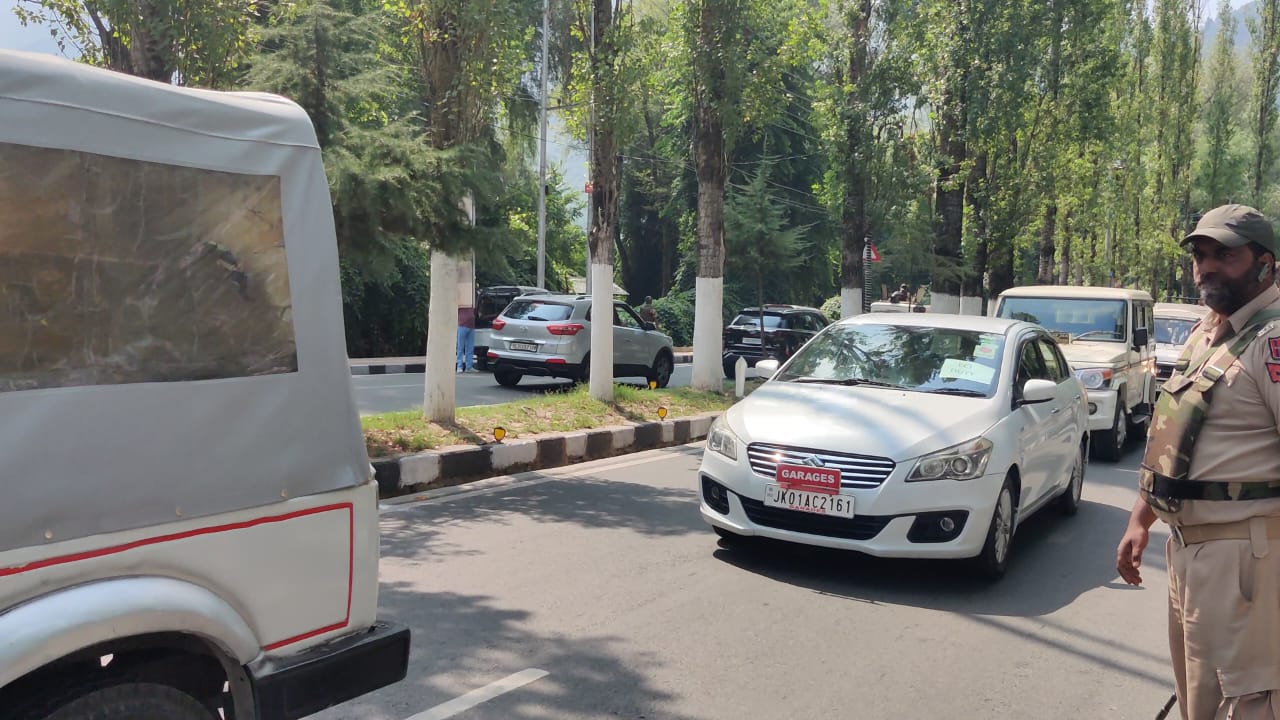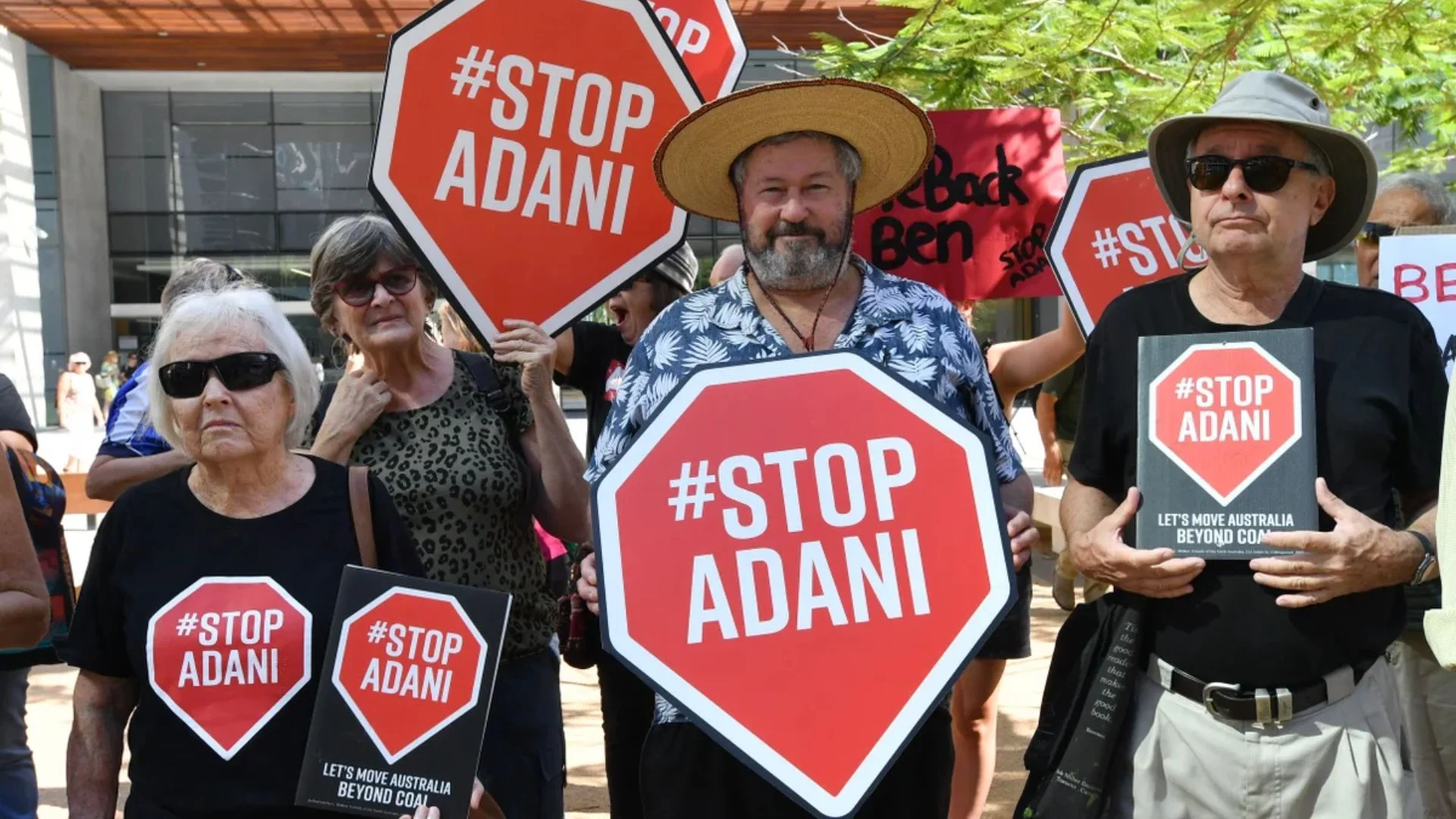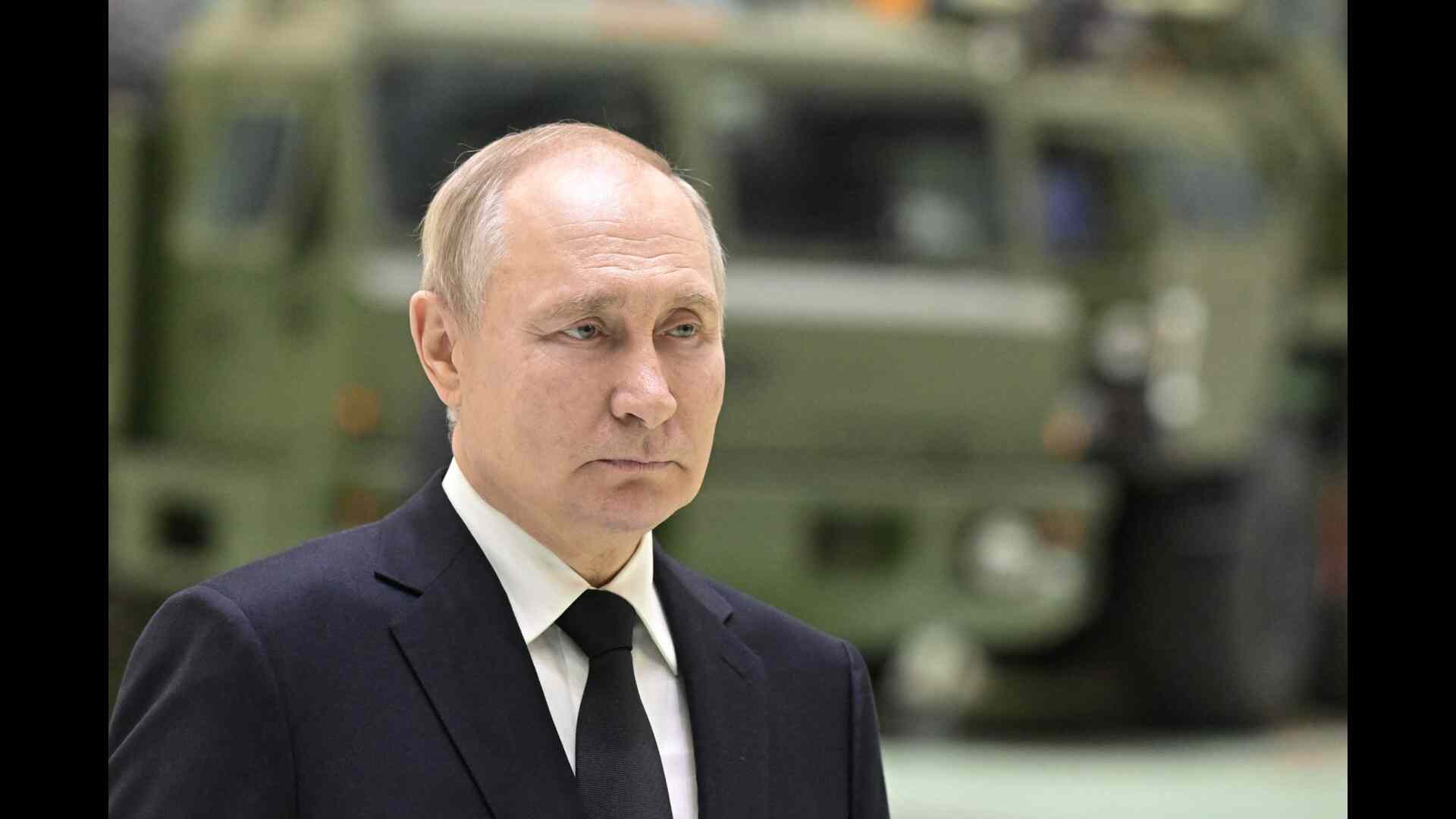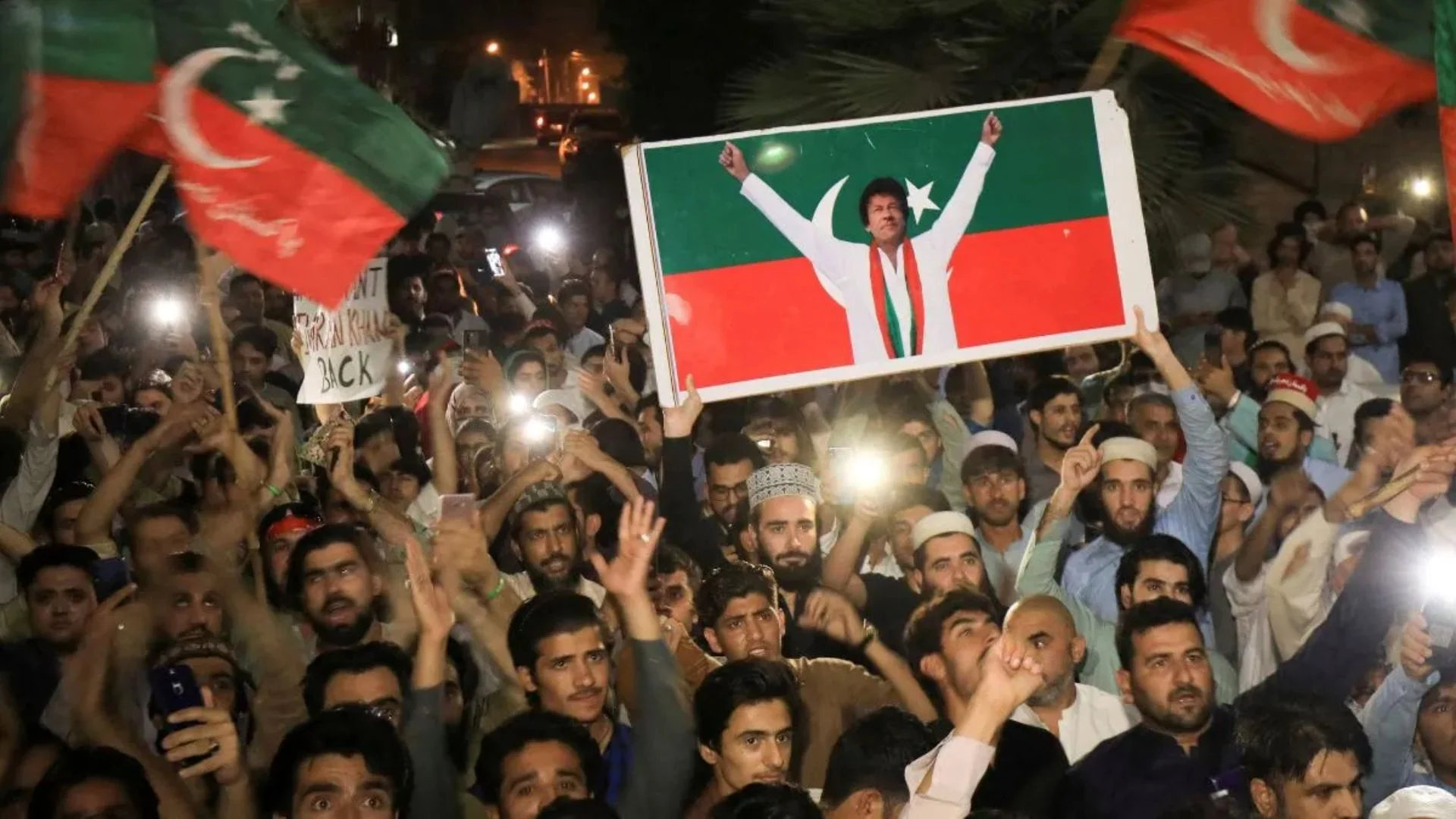
Kashmir: In a significant development today, senior officials from both the civil and police administration in Kashmir convened at the Sher-i-Kashmir International Conference Centre (SKICC) for an important meeting with the Election Commission of India (ECI) team. The meeting is part of the ECI’s two-day visit to Jammu and Kashmir, aimed at assessing the ground situation and finalizing preparations for the long-awaited assembly elections in the region.
The ECI delegation, led by Chief Election Commissioner (CEC) Rajiv Kumar, arrived in Srinagar this morning amidst heightened anticipation. Their visit marks a critical juncture in the political landscape of Jammu and Kashmir, where assembly elections have been pending for an extended period. The Supreme Court of India has recently set a stringent deadline, mandating that the elections must be held by September 30, 2024, adding urgency to the ECI’s visit.
Upon arrival, the ECI team immediately engaged with representatives from various political parties in a closed-door meeting, signaling the beginning of a comprehensive review process. These discussions are expected to address a wide range of issues, including security concerns, electoral rolls, and the overall preparedness of the administration to conduct free and fair elections.
While the meeting with political party representatives continued, a wave of top officials, including the Divisional Commissioner of Kashmir, Deputy Commissioners from multiple districts, and Senior Superintendents of Police (SSPs), arrived at the SKICC. Their presence underscores the importance of the ECI’s visit and highlights the collaborative effort required to ensure the successful conduct of elections in a region with a complex political and security environment.
The involvement of senior police officials in these discussions is particularly noteworthy. Given the unique challenges posed by the security situation in Jammu and Kashmir, the role of law enforcement in maintaining peace and order during the election process is paramount. The SSPs, along with other senior police officials, are expected to provide the ECI team with detailed briefings on the current security landscape, including any potential threats that could impact the electoral process.
For the civil administration, the meeting offers an opportunity to showcase the progress made in updating electoral rolls, setting up polling stations, and ensuring logistical readiness. The Deputy Commissioners, who play a crucial role in the election process at the district level, are likely to present reports on the status of preparations and any challenges that need to be addressed before the polls.
The ECI’s visit is also seen as a move to reassure the public and political stakeholders in Jammu and Kashmir that the electoral process will be transparent and inclusive. In recent months, there have been widespread calls from various quarters for the timely conduct of elections, which are seen as essential for restoring full democratic governance in the region.
As the ECI team continues its engagements in Srinagar, it is expected that they will hold further consultations with other stakeholders, including media representatives, civil society groups, and possibly international observers, to gather a comprehensive understanding of the situation on the ground. The feedback from these meetings will play a crucial role in shaping the ECI’s final strategy for conducting the elections.
The visit is not just about assessing readiness but also about addressing the unique concerns of the region. Given the history and the political sensitivities in Jammu and Kashmir, the ECI’s role in ensuring a credible and peaceful electoral process is being closely watched both within India and internationally.
As the September 30 deadline looms, the next few weeks will be critical in determining the course of political developments in Jammu and Kashmir. The outcomes of the ECI’s visit, particularly their meetings at SKICC, will likely have a significant impact on the timeline and execution of the elections, which are expected to be a milestone in the region’s democratic journey.















